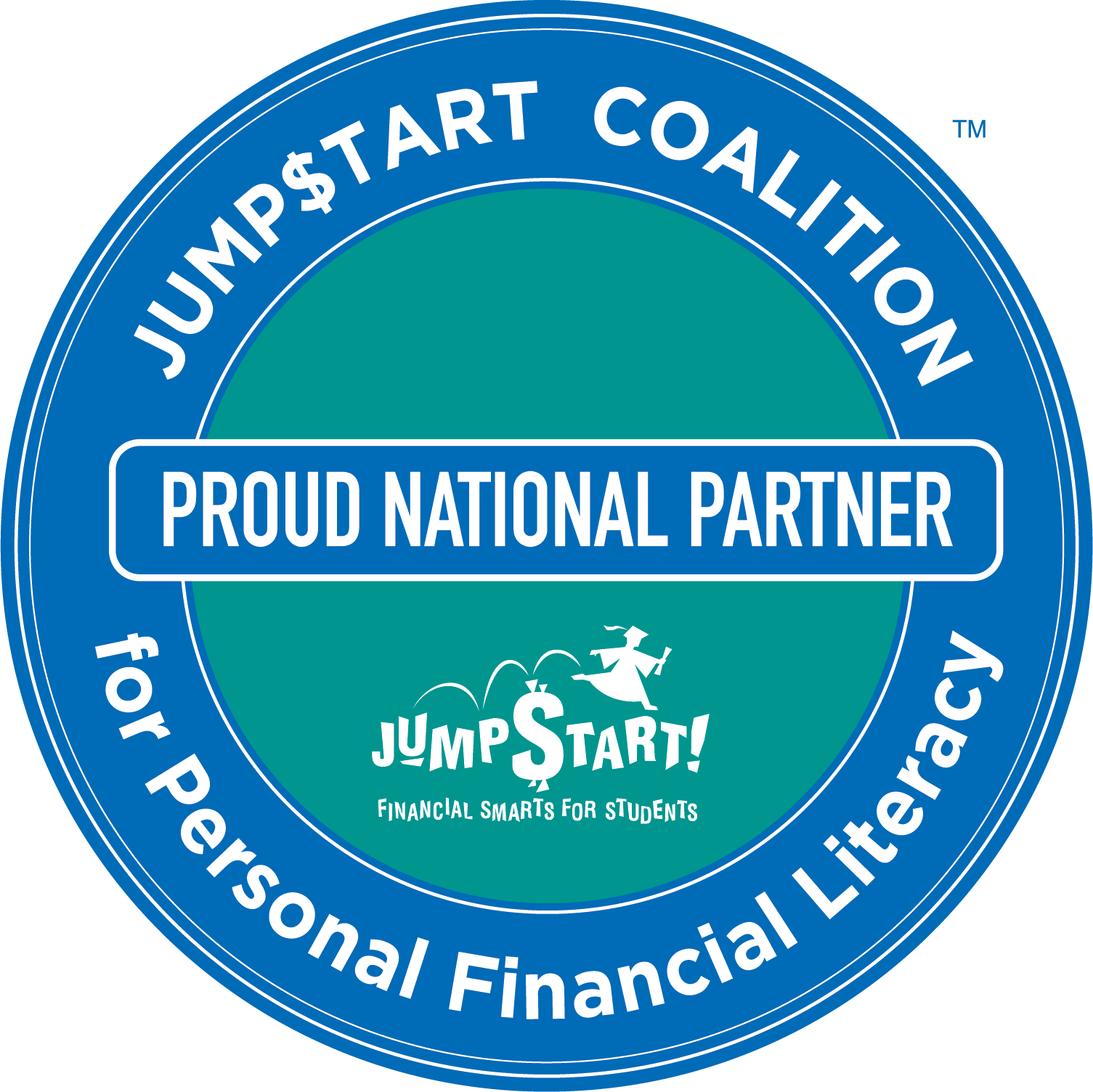Paying taxes is kind of a drag, but it’s a necessary evil. Plus, your tax dollars go to work in your community in a variety of ways: Funding schools, employing many people in your community, and much, much more.
But doing your taxes — or filing your tax return every year — can be a pain. Funny enough, it shouldn’t be a very difficult project for most people. But when your life becomes more complicated (you have a family, a home, maybe a business, etc.) it can become a huge chore. That’s why so many people hire accountants to do the heavy lifting for them!
Before Tax Day comes, though, you should have hopefully filed your return, or at least be prepared to get it done in short order. Here’s a cheat sheet of things you’ll need to file your tax return, though it’s worth noting that everyone’s situation will be different!
1. Personal Information
You won’t get far without your personal information and the information of any family members who may be included on your return. That will include the following:
- Your social security number
- Full names and social security numbers for family members (if applicable)
- Date of birth
- Your IRS PIN (if applicable)
- Bank account numbers
Know that more may be required, too!
2. Income Documents
Next, you’ll need all of your tax documents related to your income for the previous year. Again, for most people, that’ll likely be a single document from a single employer. But if you have multiple sources of income (gambling winnings, a side hustle or second job, or even money you’ve made from investments), you’ll need to gather those documents, too.
You’ll need the following documents to fill out your tax return:
- Form W2
- Form 1099 (multiple types!)
- Schedule K
Again, there may be more needed. If so, it may be worth seeking professional tax help!
3. Deduction Information
You’ll have the option of taking the “standard deduction,” or itemizing your tax deductions. Effectively, this reduces your taxable income. Since you’re paying taxes on your income, the less income you have, the smaller your tax liability.
So, if you have any information and payment records related to the following, you’ll want to keep those on hand when doing your tax return, too!
- Homeownership forms (Form 1098, for example
- Charitable donation receipts
- Medical expense records
- Health insurance records
- Childcare expense records
- Education expense records (such as 1098-T)
- Retirement contribution records
The more deductions you can find, the better! And don’t forget to check to see if you qualify for any tax credits, too.
Again, it’s easy to get in way over your head when doing your taxes. If you feel like you don’t know what you’re doing, search for local tax clinics in your area, or contact a tax professional for help. It may cost you some money, but it may be worth it!
Check out the Money Vehicle textbook — you can find it here on Amazon. And if you like what you see, you can get more content sent directly to your inbox! Sign up for the Money Vehicle Movement Newsletter!
And check out our white paper: “Strategies for Increasing Financial Literacy Rates Among High School and College Students”
More from Money Vehicle:









